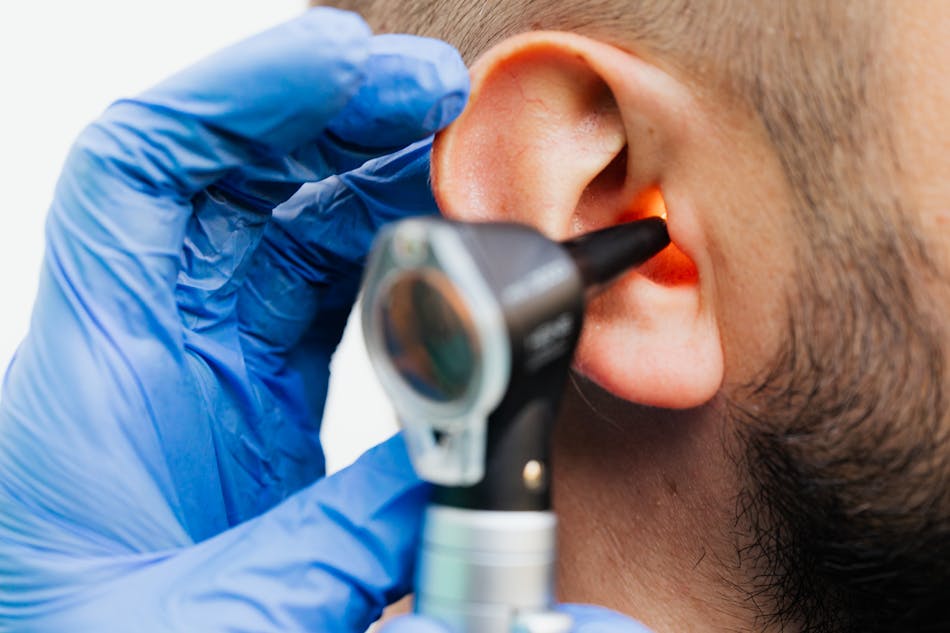Every year, millions of individuals all over the world are affected by ear infections, which can result in substantial discomfort and even potential long-term complications. To avoid these common issues, it is essential to maintain good ear health on a daily basis.
A better understanding of the need of maintaining regular ear care can assist you in maintaining optimum condition for your ears. This article offers some useful advice on how to maintain proper ear hygiene in order to avoid getting infections.
Proper Ear Wax Removal
Ear wax, or cerumen, serves an essential function by trapping dust, bacteria, and other foreign particles, preventing them from entering the ear. While ear wax is beneficial, an excess can lead to blockages and increase the risk of infections.
Safe and regular removal of ear wax is crucial. Avoid using cotton swabs or any objects to clean inside the ear canal, as this can push wax deeper, causing impaction or damage.
Consider using over-the-counter ear drops to soften wax, making it easier to remove. Alternatively, a warm, damp washcloth can be gently applied to the outer ear to help clean it.
If you produce a lot of ear wax or find it difficult to manage, consult a healthcare professional. Professional removal ensures your ear canal is cleared safely without harming the delicate inner structures.
Keeping Your Ears Dry
Moisture in the ear canal provides a fertile environment for the growth of germs, which can contribute to infections. Following activities such as swimming or taking a shower, it is crucial to ensure that your ears remain dry.
When you want to let water escape from your ears, tilt your head to each side and gently pull on your earlobes. Using a hairdryer on a low, cool setting and holding it at a safe distance, you can evaporate any moisture that may still be present in your ears if they continue to feel damp.
Avoiding Harmful Habits
Refrain from inserting fingers or other objects into your ears. This common habit can introduce bacteria into the ear canal, increasing infection risk.
It’s also vital to teach children the importance of not touching their ears frequently, as they are more susceptible to infections.
Nutritional Support for Ear Health
Your diet and overall health significantly impact ear health. Consuming a diet rich in vitamins and minerals strengthens the immune system, helping to fend off infections.
Staying hydrated is also important, as adequate fluid intake helps maintain the right level of ear wax, which has natural antibacterial properties.
Seeking Medical Advice When Needed
If you experience frequent ear infections or symptoms such as ear pain, hearing loss, or fluid discharge, seek medical attention promptly. Early treatment can prevent complications and keep your ears healthy.
Regular Check-Ups for Ear Health
Ear health is integral to overall well-being. Regular check-ups with a healthcare provider can help identify any issues early on and keep your ears in good shape.
By adopting simple daily practices such as ear wax removal, keeping your ears dry, and avoiding harmful habits, you can significantly reduce the risk of ear infections.
When you take care of your ears, you are not only improving your hearing function; you are also improving your quality of life in general.
If you follow these guidelines, you will be able to keep your ears healthy and free from infections, which will enable you to take pleasure in all the noises that life has to offer without experiencing any discomfort.
When you make ear care a priority in your daily routine, you will be able to reap the benefits of having healthy ears.



